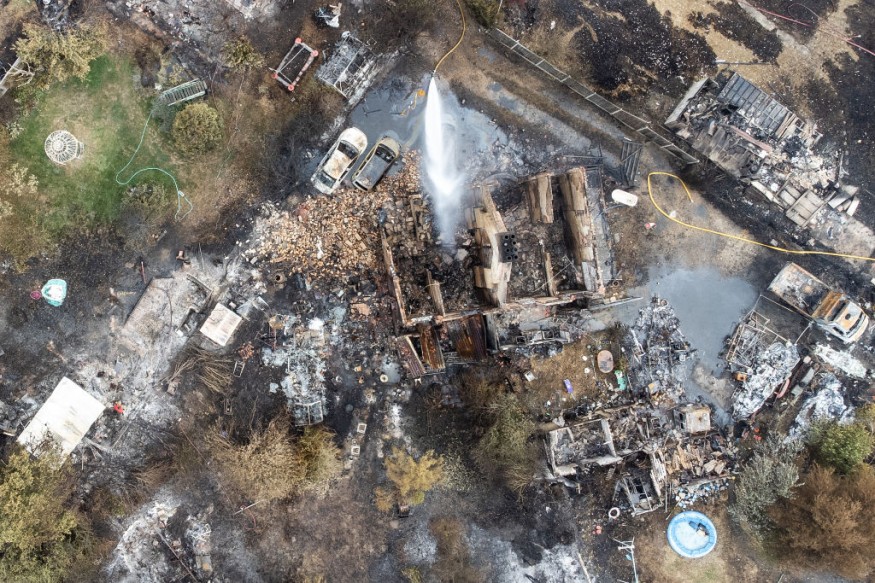Eight areas in England have been declared to be experiencing drought. The expert committee issues an official drought declaration amid the extended dry period, which may result in water restrictions.

Declaring Drought
Following an expert conference, drought has been declared across large parts of England. The National Drought Group has formally announced a drought due to the protracted dry conditions, which have prevented several regions of the nation from getting substantial rainfall all summer.
In eight of its fourteen regions-Devon and Cornwall, Solent and South Downs, Kent and South London, Herts and North London, East Anglia, Thames, Lincolnshire and Northamptonshire, and the east Midlands-the Environment Agency has declared a drought.
According to documents reviewed by the Guardian, the Environment Agency predicts that two more regions will experience drought later in August. Yorkshire and the West Midlands are these.
Emergency Declaration

The decision to place the nation in "prolonged dry weather status," the first of four emergency dry weather stages and one step before the drought, was made at a meeting earlier this summer to examine the lack of rainfall. The nation has now entered that second stage.
This opens the possibility of widespread water rationing, making it easier for water utilities to forbid consumers from washing their cars with tap water and using hosepipes. At this point, more harsh measures, such as a ban on sprinkler usage and restrictions on cleaning windows, cars, and buildings, can also be implemented.
Southern Water and South East Water have already banned hosepipes this year. Welsh Water and Yorkshire Water will impose bans starting on August 19 and 26, respectively. Thames Water has also announced a hosepipe restriction as being "ready to go."
The seminar attendees presented distressing data regarding England's food security. Since potatoes cannot be watered, half of the harvest is anticipated to fail, and even crops that typically tolerate dryness, like maize, have been struggling.
According to the information provided to the committee, "irrigation choices are reducing with reservoirs being emptied quickly," and losses of 10% to 50% are predicted for crops including hops, apples, sugar beet, carrots, and onions. Due to a scarcity of forage for the cows, milk output is declining countrywide, and wildfires are putting enormous tracts of agriculture in danger.
There are worries that many farmers may opt not to drill crops for next year, which would have disastrous effects on the harvest in 2023. The administration was anxious to emphasize that domestic water supplies were not in danger.
Record Breaking Heat
After what was for certain areas of the country the driest July on record, according to water minister Steve Double, we are presently going through a second heatwave. The government and other partners, such as the Environment Agency, are already taking action to control the effects. We have received assurances from all water firms that our vital supplies are secure, and we have made it plain that it is their responsibility to keep those supplies in place.
The conference attendees were informed that while recent dry summers have been counteracted by rainy autumns to prevent the greatest consequences on water supply, that is unlikely to be the case this year as drought conditions are projected to persist owing to climate breakdown.
Recent Droughts
Prior to the declaration, 2018 was the most recent year a drought was declared. The drought this year may or may not have been brought on by climate breakdown, but the Met Office determined that climate change had increased the likelihood of dry weather and excessive heat in 2018 by 30 times.
All geographical regions of England have seen five months in a row with below normal rainfall and above average temperatures. During July, there was a decline in reservoir supplies, groundwater levels, and river flows. The soil moisture deficit is equivalent to what was seen after the 1976 drought, and thirteen EA-monitored indicator rivers are at their lowest levels.
Related Article : Some US Cities May Become Hotter than the Middle East Before 2100
For more environmental news, don't forget to follow Nature World News!
© 2025 NatureWorldNews.com All rights reserved. Do not reproduce without permission.

